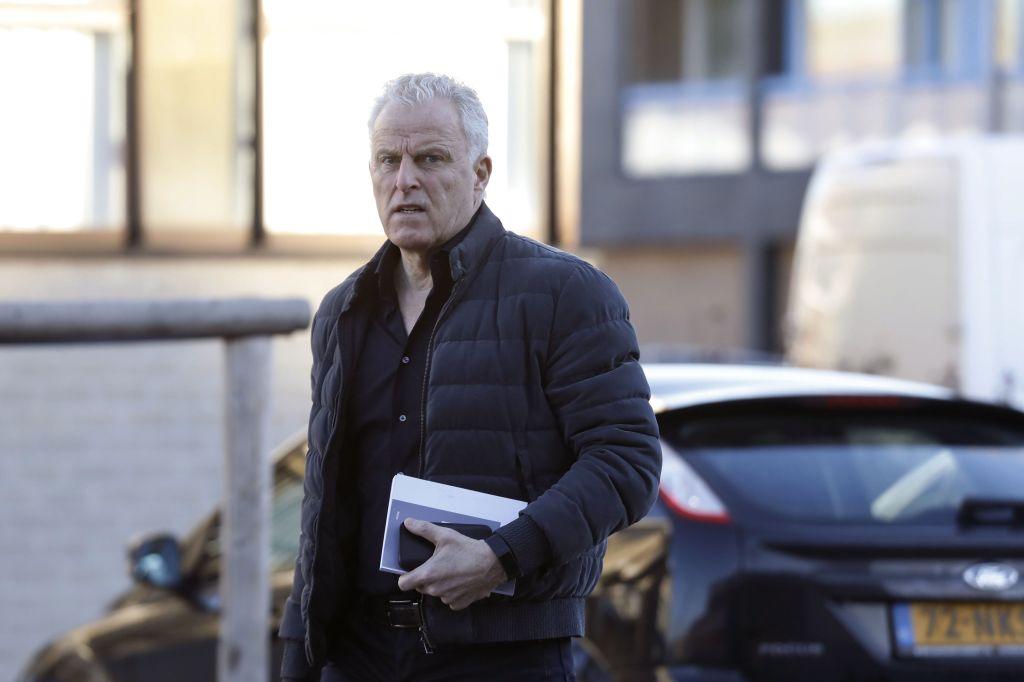A joint French–Dutch investigation team has taken down Matrix, an encrypted phone messaging network linked to the murder of Dutch crime journalist Peter R. De Vries in 2021.
The agency said Matrix was “a messaging service made by criminals for criminals” and “was first discovered by Dutch authorities on the phone of a criminal convicted for the murder of a Dutch journalist in 2021.”
That is believed to be a reference to the murder of De Vries, 64, who died in hospital nine days after being shot as he left a television studio in Amsterdam in July 2021.
At the time, De Vries had been acting as an adviser to a criminal-turned-state’s witness and was due to testify against Ridouan Taghi and other members of the Moroccan mafia in the Netherlands.
The discovery of Matrix on the murder suspect’s phone led to an investigation, during which the French and Dutch authorities hacked into the network and, over a three-month period, intercepted and deciphered more than 2.3 million messages in 33 languages.
The messages that were intercepted are linked to serious crimes such as international drug trafficking, arms trafficking, and money laundering.
‘Technically More Complex’
Europol said the investigation into the platform soon found that its infrastructure was more complex than those of others known to be used for organized crime, such as EncroChat and Sky-ECC.In 2021, the platform Sky-ECC was also taken down. Canadian citizen Thomas Herdman is awaiting trial in France on charges resulting from that operation. Herdman denies all wrongdoing.
Europol said of Matrix: “The founders were convinced that the service was superior and more secure than previous applications used by criminals. Users were only able to join the service if they received an invitation.
“The infrastructure to run MATRIX consisted of more than 40 servers in several countries with important servers found in France and Germany.”
It said police forces in six countries took part in a coordinated operation on Dec. 3.
One suspect was arrested and had his house searched in France, while two men were arrested in Spain following a European arrest warrant from the Netherlands.
Six houses were searched in Lithuania.
Encrypted Landscape ‘More Fragmented’
“The encrypted communication landscape has become more fragmented following the takedown of several services such as Sky-ECC, EncroChat, Exclu, and Ghost,” the agency stated.“Criminals, in response to the disruptions of their messaging services, have been turning to a variety of less-established or custom-built communication tools that offer varying degrees of security and anonymity.”
In June, three men were convicted of the murder of De Vries.
The gunman and a getaway driver were each jailed for 28 years, and the organizer of the assassination was locked up for 26 years. Under Dutch law, none of the three can be identified.
Sentencing them at the Amsterdam District Court, Judge Gert Oldekamp said they had demonstrated “unprecedented ruthlessness and unscrupulousness.”
“Their actions and the recklessness they showed demonstrate that they do not care about human life,” Oldekamp said.







